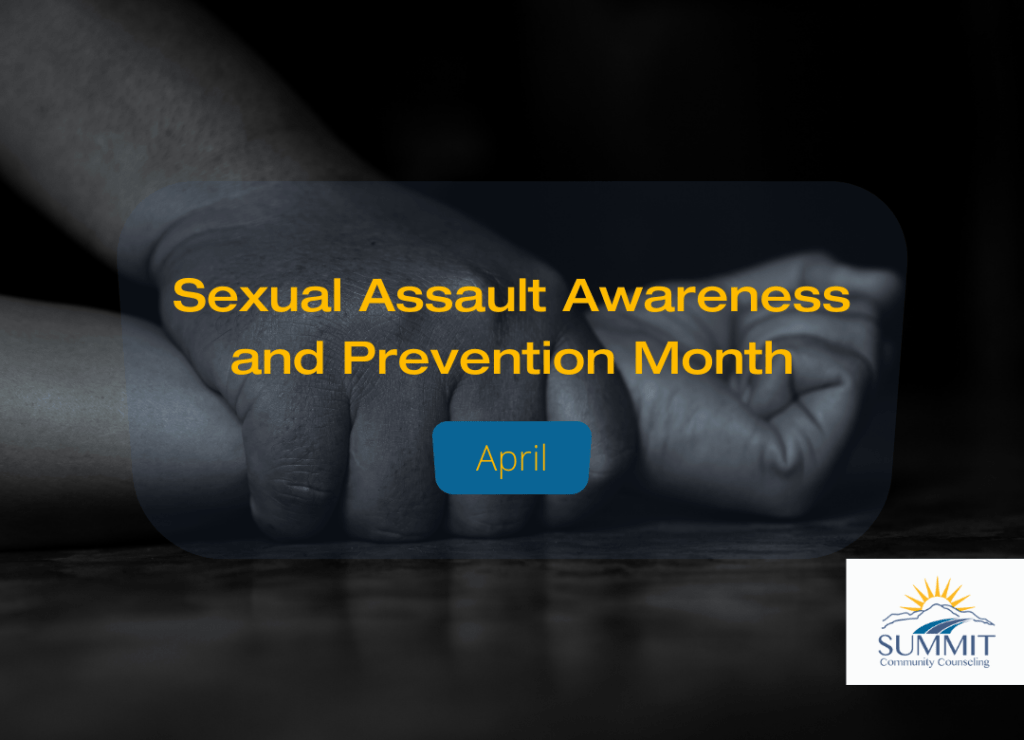Every 2 minutes, an American is sexually assaulted. There is an average of 237,868 victims (age 12 or older) of rape and sexual assault each year according to the U.S. Department of Justice. Sexual assault is a public health problem that concerns everyone. April is the month for spreading awareness of Sexual Assault and learn how we can help to prevent it. Recovering from sexual assault or abuse is a process, and that process looks different for everyone. It may take weeks, months, or years: there’s no timetable for healing.
Many times, sexual assault is not preventable and is random, however, in the cases they are not, you can learn to pick up various signals according to RAINN (Rape, Abuse & Incest National Network). In eight out of 10 cases of sexual assault, the perpetrator is someone the victim knows. One common tool that abusers use is grooming: manipulative behaviors that the abuser uses to gain access to a potential victim, coerce them to agree to the abuse, and reduce the risk of being caught. While these tactics are used most often against younger kids, teens and vulnerable adults are also at risk.
Grooming includes: gaining access and isolating the victim, trust development and keeping secrets, desensitization to touch and discussion of sexual topics, and making their behavior seem natural. Grooming behaviors are not only used to gain a victim’s trust, but often are used to create a trustworthy image and relationship with their family and community.
If you believe someone you know might be going through sexual assault, you can learn to pick up some important signals such as: depression, self-harming, low self-esteem, STIs, anxiety about things that didn’t give anxiety before, avoiding situations, failing grades, or increased drug or alcohol abuse.
What to do?
If you need help or someone you know needs help, you can get help 24/7 in the National Sexual Assault Hotline 800.656.HOPE (4673) to get help from a trained support specialist or you can chat with a trained staff member who can provide you confidential crisis support.


